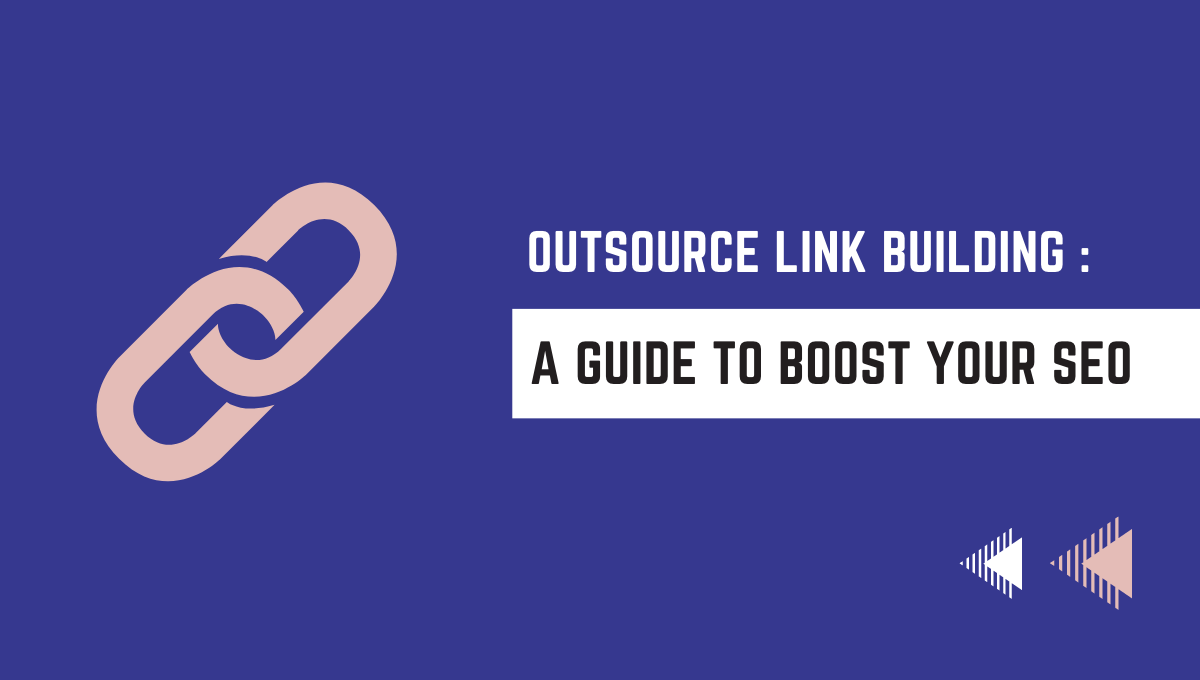How an SEO Reporting Tool Can Help Improve Your Website’s Rankings?
In the world of digital marketing, search engine optimization (SEO) is crucial for improving your website’s visibility and attracting organic traffic. However, optimizing your website can be a complex and time-consuming process. That’s where an SEO reporting tool comes in. This powerful tool can provide you with valuable insights and data to help you make informed decisions and improve your website’s rankings. In this article, we will explore how an SEO reporting tool can benefit your website and enhance your overall SEO strategy.
- Comprehensive Website Analysis
An SEO reporting tool allows you to conduct a comprehensive analysis of your website’s performance. It provides you with detailed reports on various aspects of your website, including on-page optimization, backlinks, keyword rankings, and more. By analyzing this data, you can identify areas that need improvement and prioritize your efforts accordingly.
- Competitor Analysis
An SEO reporting tool also allows you to analyze your competitors’ websites and compare their performance with yours. This information is invaluable as it helps you understand what your competitors are doing right and identify opportunities for improvement.
- Keyword Research and Analysis
Keywords are the foundation of any successful SEO strategy. An SEO reporting tool can help you conduct comprehensive keyword research and analysis to identify the most relevant and high-performing keywords for your website.
- Backlink Analysis
Backlinks are an essential factor in determining your website’s authority and rankings. An SEO reporting tool can help you analyze your backlink profile and identify opportunities for acquiring high-quality backlinks.
- Website Audit and Error Detection
Another important feature of an SEO reporting tool is website audit and error detection. The tool can scan your website for various technical issues, such as broken links, duplicate content, missing meta tags, and more.
- Performance Tracking and Reporting
An SEO reporting tool allows you to track the performance of your SEO efforts and generate detailed reports. These reports can provide you with insights into the effectiveness of your strategies and help you make data-driven decisions.
Here are some reasons why you need to track your SEO metrics:
Tracking your SEO (Search Engine Optimization) metrics is essential for several reasons. By monitoring and analyzing these metrics, you can make informed decisions to improve your website’s visibility, rankings, and overall performance. Here are some of the key reasons why tracking SEO metrics is important:
- Performance Evaluation: SEO metrics provide an objective way to evaluate the effectiveness of your SEO efforts. By tracking metrics such as organic traffic, keyword rankings, and conversion rates, you can assess the impact of your SEO strategies and identify areas that need improvement.
- Identifying Opportunities and Weaknesses: Analyzing SEO metrics can help you identify opportunities for growth and areas where your website may be underperforming. For instance, you might discover high-performing keywords that you can focus on or pages that need optimization to improve their rankings.
- Understanding User Behavior: SEO metrics can reveal valuable insights into user behavior on your website. Metrics like bounce rate, time on page, and pages per session can give you an idea of how engaged and satisfied visitors are with your content.
- Competitor Analysis: Monitoring SEO metrics can also help you understand how your website compares to your competitors. You can identify their strengths and weaknesses, which can inform your SEO strategy and help you gain a competitive edge.
- Measuring ROI: SEO efforts can require time and resources, so it’s crucial to measure the return on investment (ROI). By tracking metrics related to conversions and revenue generated from organic traffic, you can assess the profitability of your SEO campaigns.
- Adapting to Algorithm Changes: Search engine algorithms are constantly evolving, and your website’s rankings can be affected. By monitoring SEO metrics, you can quickly detect any negative changes and adjust your strategy to comply with new algorithm requirements.
- Optimizing Content Strategy: SEO metrics can provide insights into which content performs well and resonates with your target audience. This information can help you optimize your content strategy, create more relevant and engaging content, and attract more organic traffic.
- Tracking Goal Completion: SEO metrics can be aligned with specific goals, such as increasing newsletter sign-ups or product purchases. Tracking these metrics allows you to gauge your progress towards achieving those goals and make data-driven decisions to improve performance.
- Website Health and Technical Issues: Certain SEO metrics can indicate potential technical issues on your website. For instance, a sudden drop in organic traffic might be a sign of a technical problem or a penalty from search engines. Monitoring metrics can help you identify and address these issues promptly.
- Continuous Improvement: SEO is an ongoing process. By regularly tracking and analyzing metrics, you can continuously optimize your website, content, and strategies to stay ahead of the competition and maintain or improve your search rankings.
Conclusion
In conclusion, an SEO reporting tool is a valuable asset for any website owner or digital marketer. It provides you with comprehensive insights and data to help you improve your website’s rankings and enhance your overall SEO strategy. Whether it’s conducting a website analysis, analyzing your competitors, conducting keyword research, or tracking your performance, an SEO reporting tool can be a game-changer for your website’s success.




